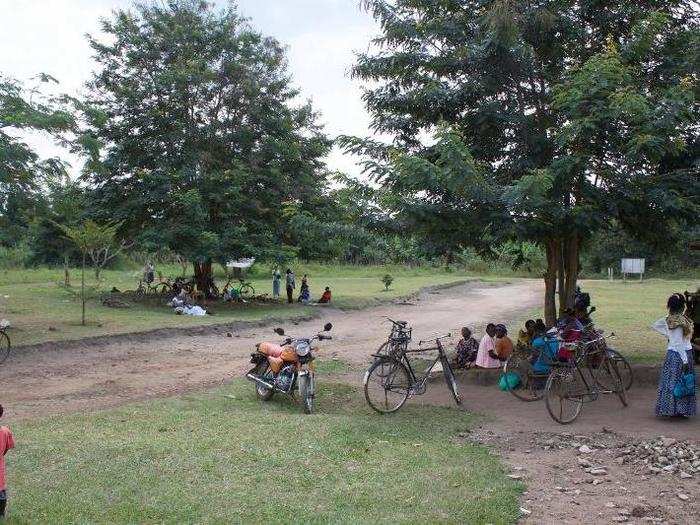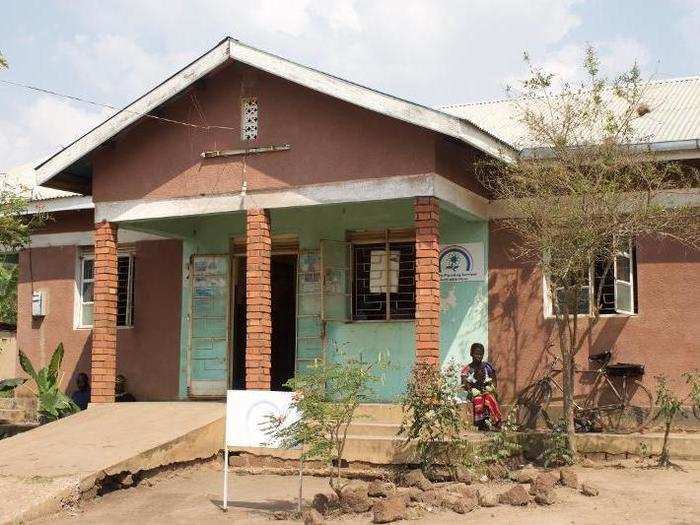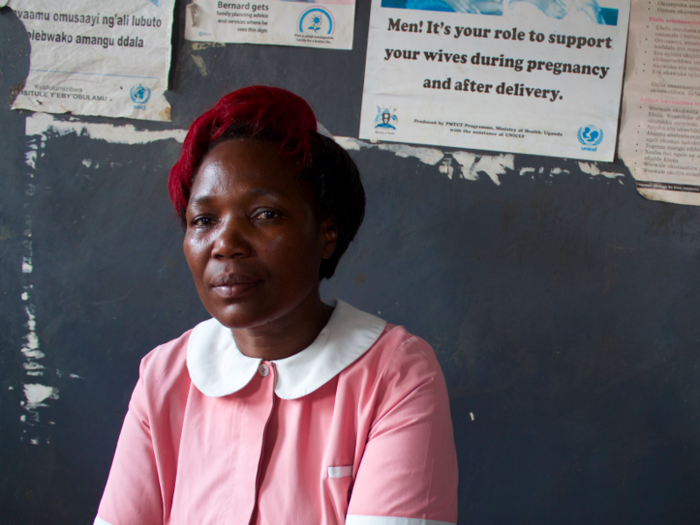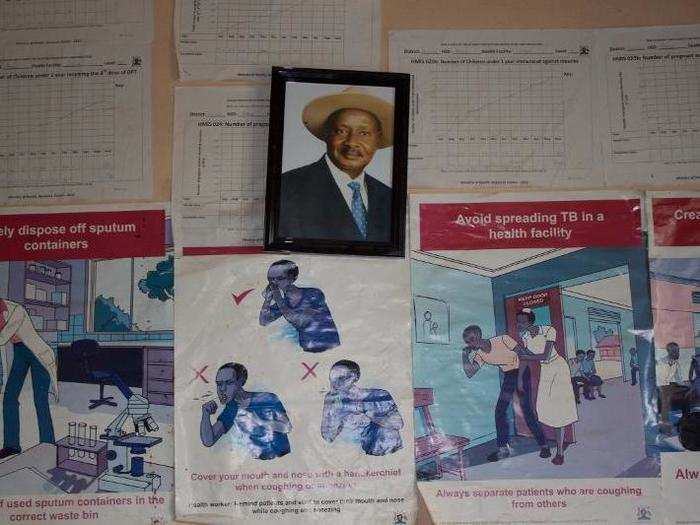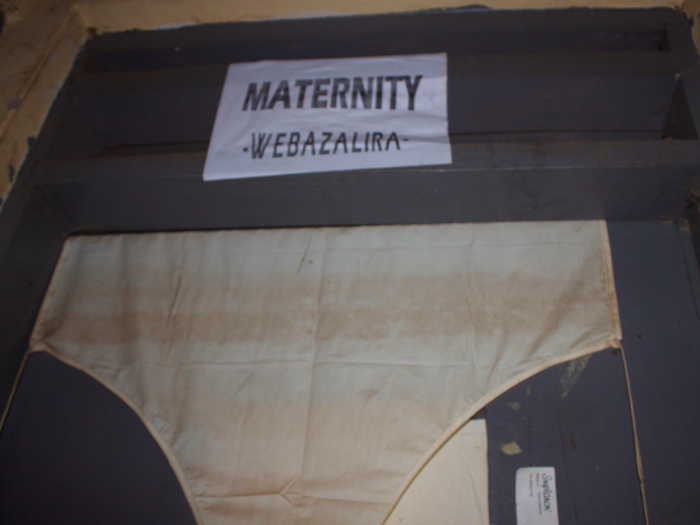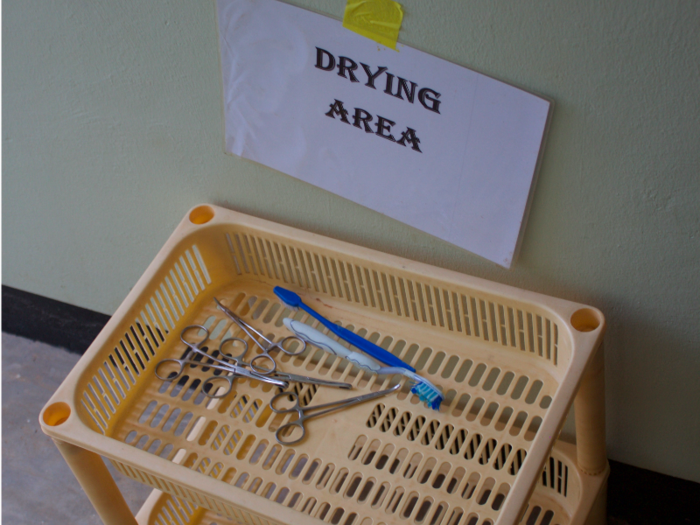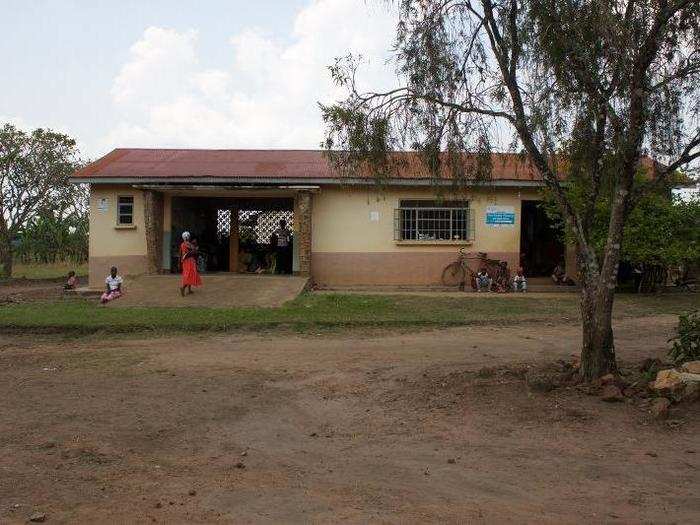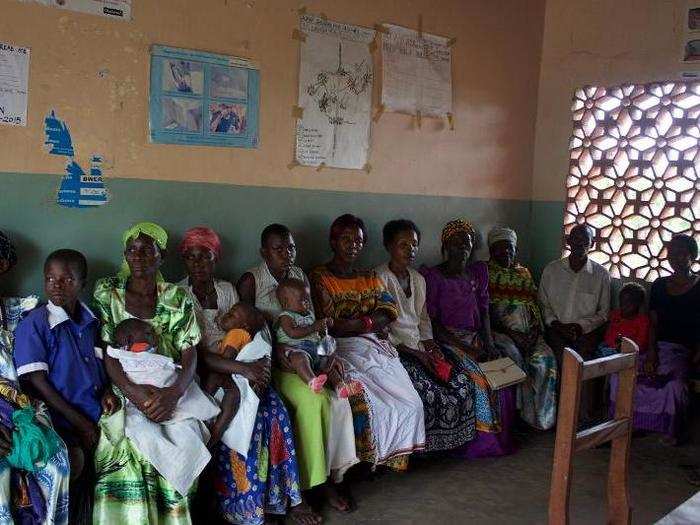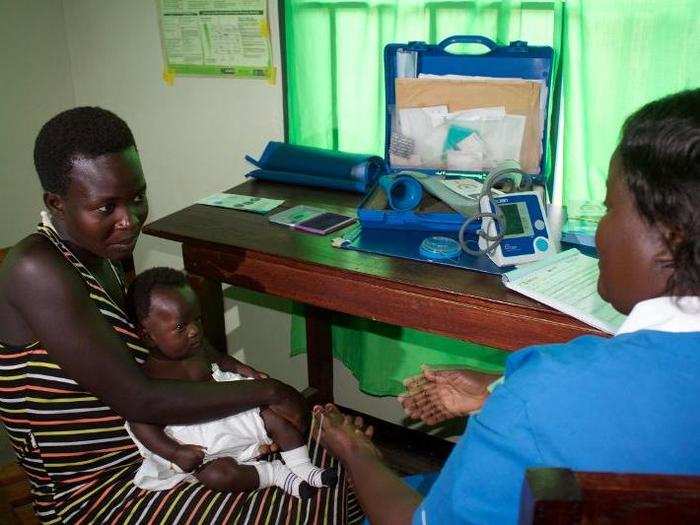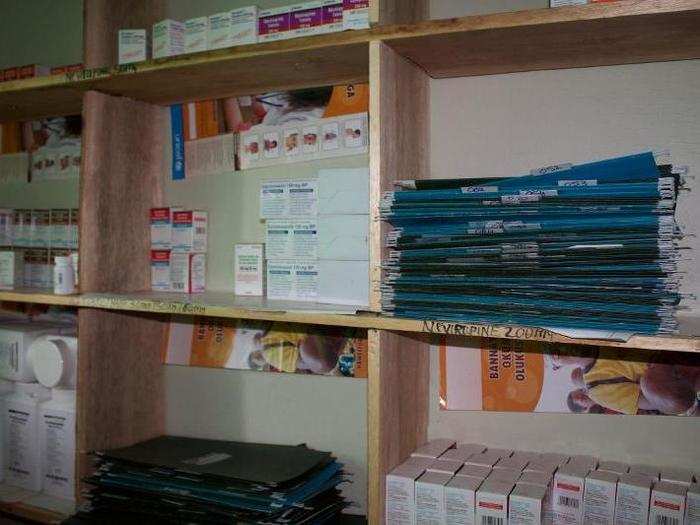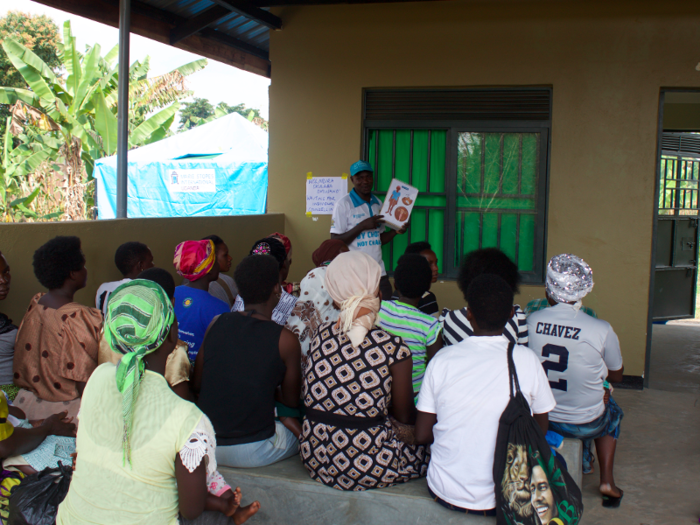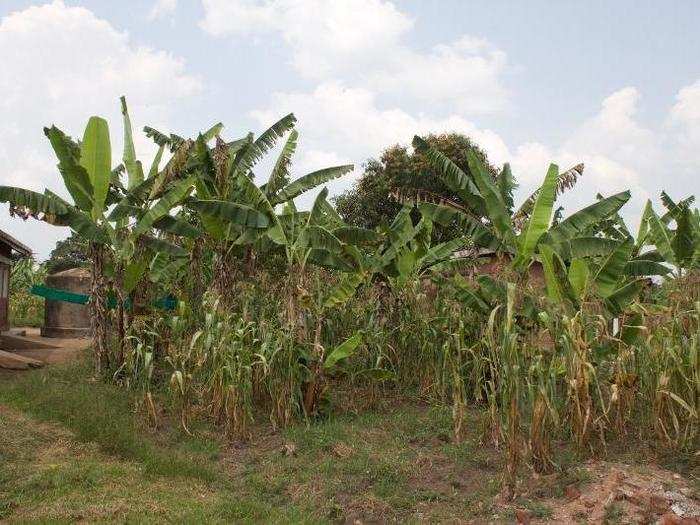Women in labor walk up to 20 miles to give birth at this rural Uganda clinic - and they don't always make it in time
The Lugasa HC III is a health clinic in the rural Bbaale subdistrict of Kayunga, Uganda. It sees an average of 22 patients for family planning and prenatal services, as well as upwards of 10 births, each day.
Popular Right Now
Popular Keywords
Advertisement

